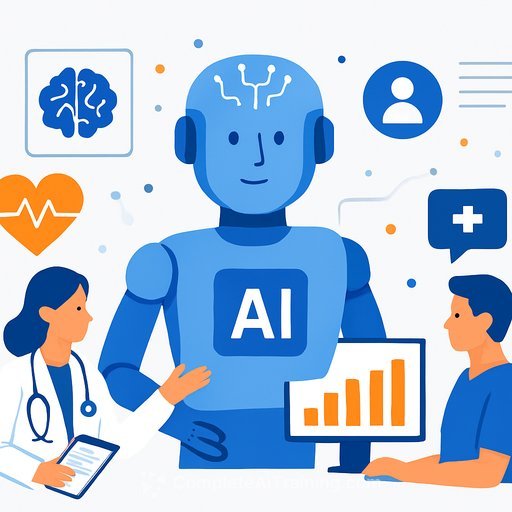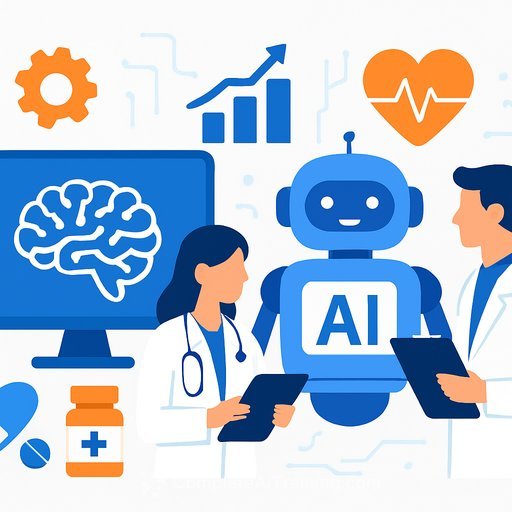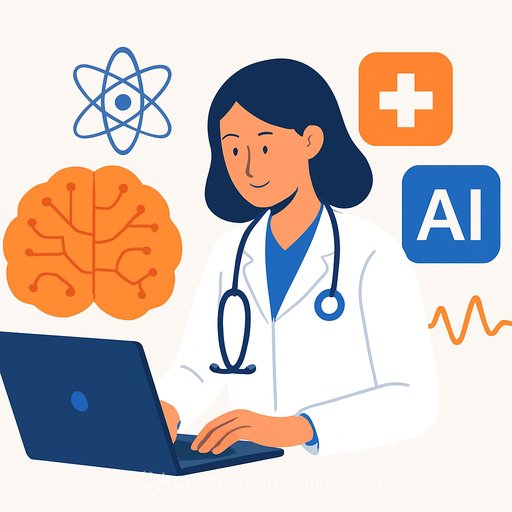How Patients Are Using Generative AI to Find a Doctor
More patients are turning to generative AI tools to help them find healthcare providers. This shift means clinics and hospitals must focus on managing their online reputation and ensuring the accuracy of information that AI platforms use to recommend doctors.
Growing Use of AI Tools in Provider Searches
Searching online for a new doctor isn’t new. Patients have long used Google and review sites like Healthgrades or Zocdoc. However, a recent survey shows nearly 75% of patients now use additional tools to find a provider. About one-third of those rely on generative AI platforms such as ChatGPT to get recommendations and learn more about providers.
Other popular methods include health insurance portals (38%), voice assistants like Siri (25%), and social media channels. Patients often trust AI-generated recommendations, with 26% saying AI influenced their choice of provider. This level of trust is comparable to referrals from primary care physicians or healthcare review websites.
Approximately 23% of patients trust AI as much as their own research, while about a third use AI input alongside other sources. Only a small percentage (6.6%) prefer to avoid AI in their provider search.
When comparing AI-generated results to standard Google searches, nearly 19% trust AI more, while the majority weigh both sources equally. Just over 11% don’t trust AI results at all. Patients particularly appreciate when AI includes verified patient reviews, underscoring the importance of peer feedback. Less emphasis is placed on AI summarizing credentials or logistical details like location, and only a few value personalized AI recommendations.
Why Online Reputation and Accurate Provider Info Matter
Maintaining a strong online presence remains critical. The vast majority of patients (84%) consult online provider reviews, often reading six or more before deciding. Negative reviews deter 40% of patients from booking appointments, while 45% say they trust providers who respond to negative feedback.
Beyond reviews, it’s vital that clinics keep their online information current and accurate. This includes provider lists, specialties, office hours, and telehealth availability. Accurate data ensures AI tools provide patients with reliable details when they search for care options.
The Growing Role of Social Media
Social media is increasingly influencing patient decisions. Around 20% of patients have chosen a doctor based on their presence on Facebook, Instagram, or TikTok, and 16% rely on YouTube. However, 57% have never selected a provider this way. Healthcare organizations should monitor this trend and adapt their social media strategies accordingly.
Adapting to Changing Patient Behavior
As healthcare consumerism evolves, generative AI and social media will play larger roles in how patients find providers. To stay competitive and maintain healthy margins, healthcare organizations need to assess and optimize their online footprint. This includes managing reviews, verifying provider information, and ensuring their digital presence aligns with how AI tools gather and present data.
For healthcare managers looking to better understand AI’s role and improve digital strategies, exploring targeted AI training can be beneficial. Resources like Complete AI Training’s latest courses offer practical insights into AI applications in healthcare settings.
Your membership also unlocks:










